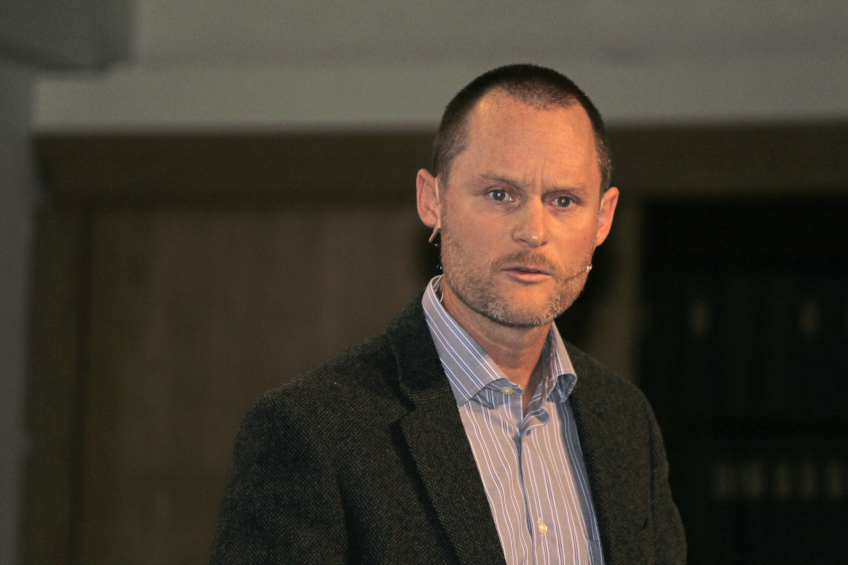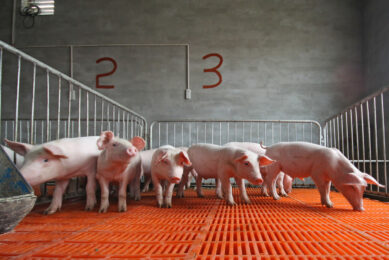Future will see personalised pig vaccines

Personalised vaccines for pig populations are likely to form part of the future of veterinary medicine.
That prediction was made by Prof John Harding, attached to the University of Saskatchewan, SK, Canada. He addressed the audience during the International Pig Veterinary Society (IPVS) Congress, in Dublin, Ireland, earlier this June.
Genetics and pig vaccines
His presentation, called ‘Will genomics spell the end of vaccines?’, formed part of the satellite symposium organised by animal health company Boehringer Ingelheim. The question was compelling: will it be possible for genetic techniques to improve a pig’s genome so much that vaccination will no longer be needed?
After all, that is what one might start to think when thinking of notable examples where genomics achieved notable progress in pig veterinary science. For instance, in the field of meat quality, Harding pointed to the discovery of the HAL-1843 mutation associated with Porcine Stress Syndrome (PSS). When thinking of disease, he also mentioned the recessive FUT1 mutation associated with resistance to F18 E. coli diarrhoea.
Answers at pig genome level
Add to that, that genome sequencing has become affordable over the years and it isn’t unthinkable that increasingly, answers at a genomic level will be found to questions why some animals fall ill to certain diseases, whereas others seem to be resistant.
Harding said, “It is, however, also unlikely that genomics alone will solve all of the swine industry’s disease challenges in the 21st century.” He added, “The important question is: ‘how can the application of genomics build on the successes of vaccinology to improve swine health’?
Major ways how genomics can reinforce vaccines
He identified 3 major ways:
- Selection of animals with improved vaccine response
- Identification of higher risk animals to justify high-end vaccine strategies and/or intensive monitoring
- Development of novel vaccines for targeted populations based on anticipated immune response genotypes
When speaking of the last of these 3 ways, he said that it requires understanding of the global genotypic variability and its potential impact on vaccine response and disease susceptibility. In addition, he said, this would require a large enough market to stimulate novel products specific to anticipated genotypic responses.
More speakers at satellite symposium
Other speakers at the company’s satellite symposium included Cesar Carnicer, Dennis DiPietre, Yanhua Guo and Oliver Duran. More information can be found at the company’s Prevention Works website.











